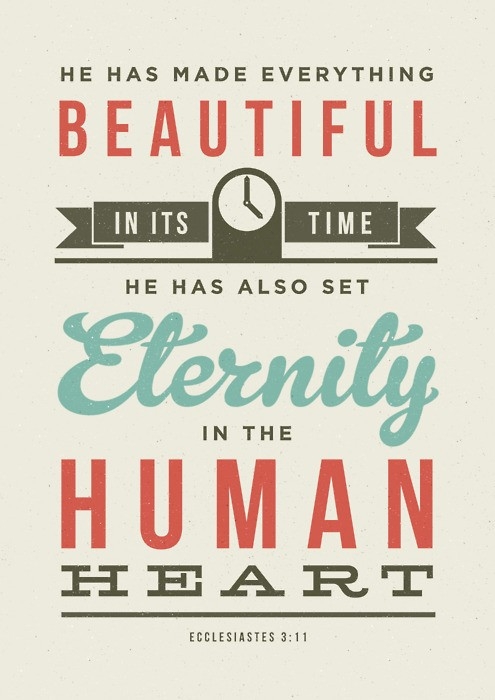
I recently read about a Harvard
physics lecturer, Dr. Greg Kestin, who conducted an experiment from a small
boat on a choppy lake. When he poured just one tablespoon of oil onto the lake,
it quickly spread over the surface of the water, calming the lake in an area
measuring half an acre. Since olive oil spreads to just one molecule thick, it can
cover a wide area and create a slick surface that prevents the wind from
gaining traction with the water, thus quieting the waves and whitecaps.[1]
You may be interested to
know that one biblical symbol for the Holy Spirit is oil. Coming off the heels
of Jesus’ baptism when the Holy Spirit descended upon Jesus in the form of a
dove (Luke 3:22), Jesus stood up in the synagogue of His hometown of Nazareth (Luke
4). As He strode to the front of the crowd, He unrolled the scroll containing
Isaiah 61:1-2 and read these words:
“The Spirit of the Lord is
upon Me, because He has anointed Me
to preach the gospel to the poor. He has sent Me to heal the brokenhearted, to
preach deliverance to the captives and recovery of sight to the blind, to set
at liberty those who are oppressed” (Luke 4:18).
The oil of anointing
stands as a physical representation of Jesus being given the Holy Spirit to
perform miracles in His ministry. This same theme reappears in Acts 10:38 when
Peter is preaching about Christ, “how God anointed
Jesus of Nazareth with the Holy Spirit and with power. He went about doing
good and healing all who were oppressed by the devil, for God was with him.”
Jesus' anointing with the
Holy Spirit was as mysterious as it was unique. Jesus was as much man as if He
weren’t God and as much God as if He weren’t man. In His divinity He was
omnipotent, yet in His humanity Christ became impotent. The Spirit was given to
empower the Son in His humanity, but the Spirit was also given as a visible,
confirming sign to the people of the Son’s divinity. Jesus is the model for
what it means to live one’s life in the power of the Holy Spirit.
Just as He received the
Spirit at His baptism, so we receive the gift of the Spirit when we are born
again by faith (Rom. 8:15; Gal. 4:6). When we’re anointed with the oil of the
Holy Spirit, our words, deeds, attitudes, and influence spreads further than we
know, much like the oil on the surface of the lake. When the Holy Spirit uses
us, we never know how far or how wide the ripple effect will extend—either
geographically or in time. One simple word or deed for Christ, touched by the
Spirit, may directly or indirectly touch someone elsewhere in the world without
our knowledge, and it may have a chain reaction that continues until Christ
comes. If you are a Christian, the question is not, "How much of the Holy Spirit do I have?" Every believer is indwelt by the same Spirit (Eph. 4:4). The real question is, "How much does the Spirit have you?" -DM

